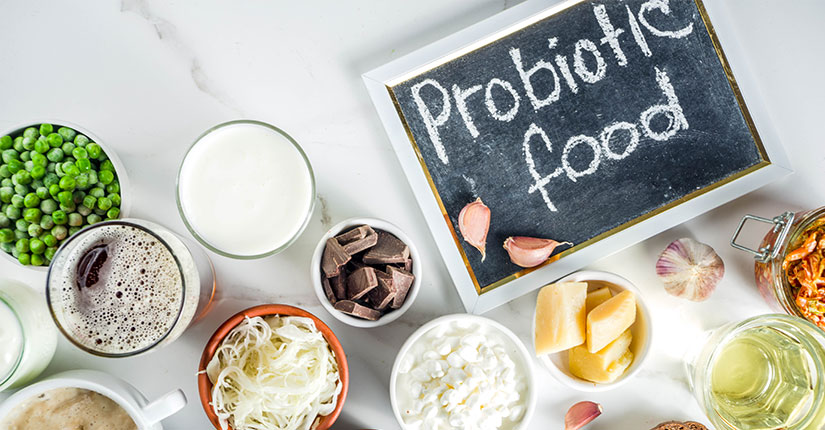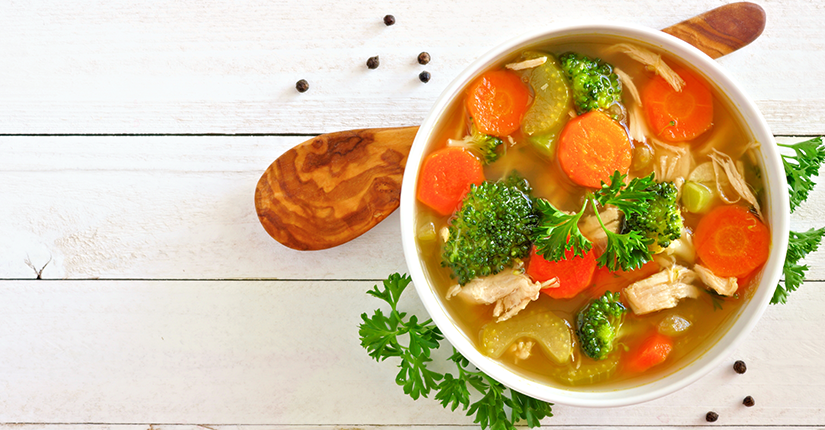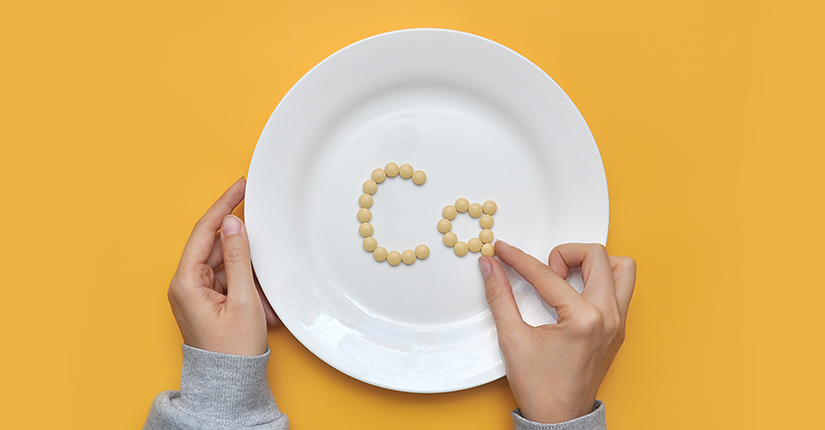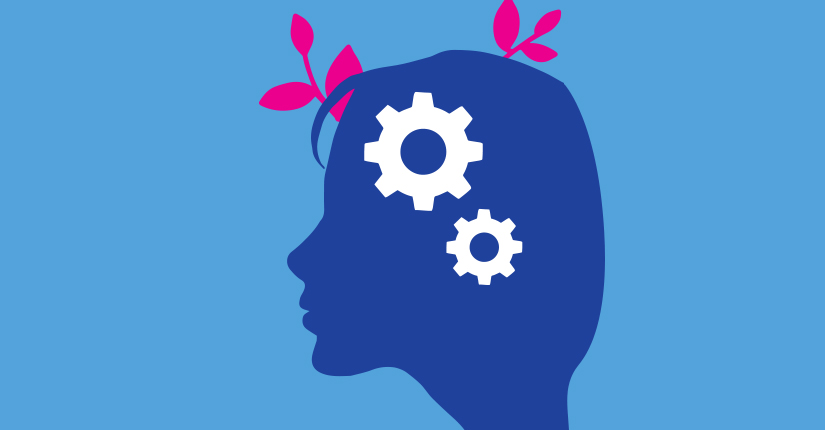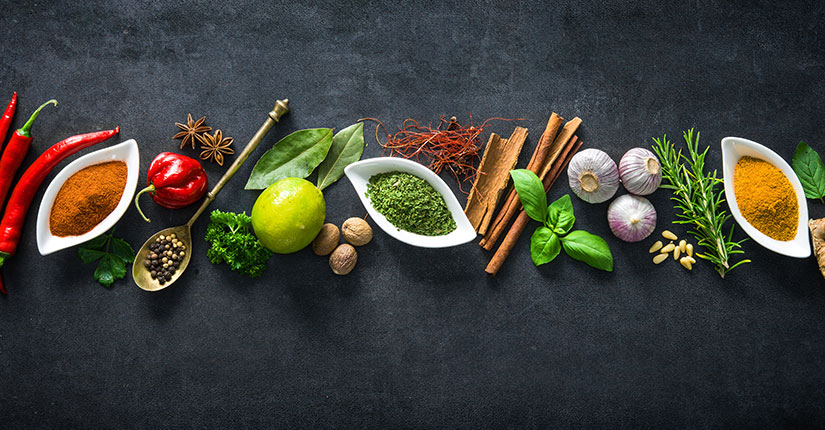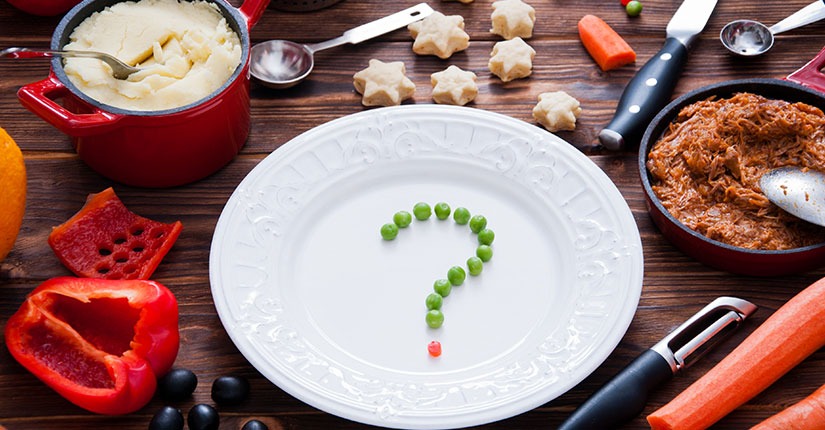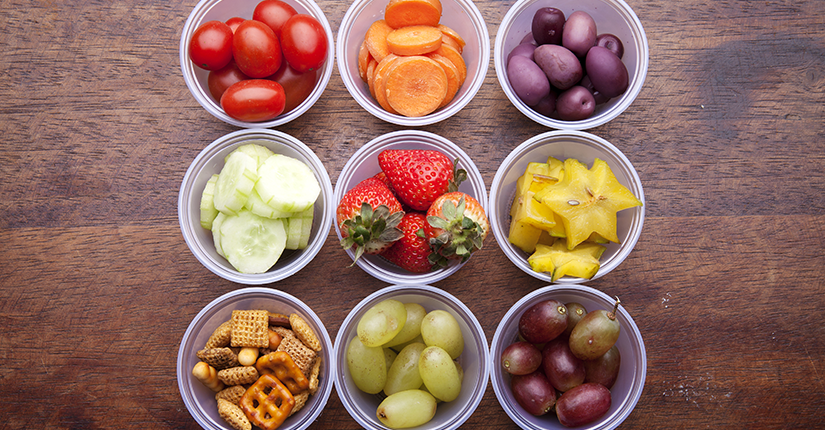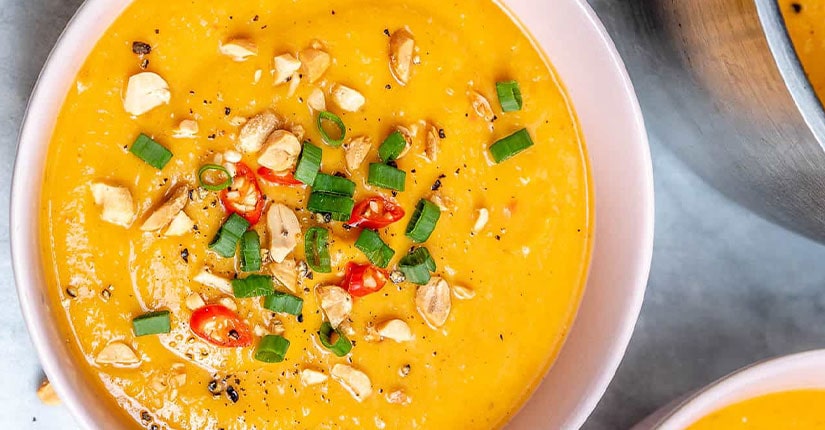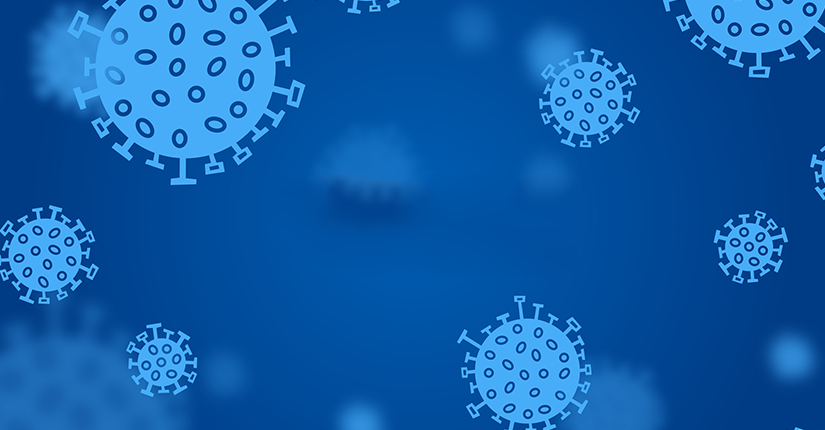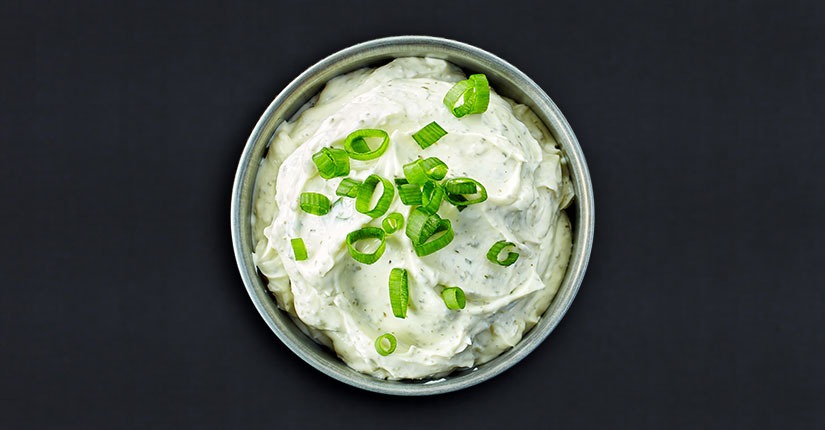Eating Well to Manage Lymphoma
By Nmami Agarwal 15-Sep 2020 Reading Time: 6 Mins

Lymphoma is a kind of blood cancer that develops when white blood cells called lymphocytes grow out of control. Lymphocytes are part of your immune system. They travel around your body in your lymphatic system, aiding you fight infections. Your lymphatic system runs throughout your body, similar to your blood circulatory system, carrying a fluid called lymph. The fluid passes through lymph nodes (glands), which are spread throughout your body.
How can one make the best food choices throughout cancer treatment?
When you are faced with lymphoma, nutrition is an important part of your journey. Lymphoma is cancer of the lymph nodes which are a mass of tissue that helps protect the body against infection. Eating a well-balanced diet during and after cancer treatment can help you feel better, maintain your strength, and speed up your recovery.
- Maintain a healthy weight
- Eat small, frequent meals throughout the day
- Consume protein-rich foods
- Include whole grains
- Eat a variety of fruits and vegetables every day
- Choose sources of healthy fat
- Limit sweets and added sugars
- Stay hydrated
- Practice good food safety
Aim to avoid losing or gaining much weight during treatment. Strict dieting is not recommended during cancer treatment. Losing weight can lower your energy level and decrease your body’s ability to fight infection.
Eating frequent small meals will ensure your body is getting enough calories, protein, and nutrients to tolerate treatment. Smaller meals may also help to reduce treatment-related side effects such as nausea. Try eating 5-6 small meals or “mini” meals about every two to three hours.
Protein helps the body to repair cells and tissues. It also helps your immune system recover from illness. Include a source of lean protein at all meals and snacks. Good sources of lean protein include lean meats such as chicken, fish, eggs, dairy products such as milk, yogurt, and cheese or dairy substitutes, nuts and nut butters, beans, soy foods.
Whole grains provide a good source of carbohydrates and fiber which help keep your energy levels up. Good sources of whole grains include oatmeal, whole wheat breads, brown rice, whole grain pastas.
Fruits and vegetables offer the body antioxidants, which can help fight against cancer. Choose a variety of colorful fruits and vegetables to get the greatest benefit. Aim to eat a minimum of 5 servings of fruits and vegetables daily.
Avoid fried, greasy, and fatty foods. Choose baked, broiled, or grilled foods instead. Healthy fats include olive oil, avocados, nuts, seeds.
Foods high in added sugars like desserts and sweets provide little nutritional benefit and often take the place of other foods that are better for you.
Drinking enough fluids during cancer treatment is important for preventing dehydration. Aim to drink healthy fluids like sattu water, chana water, lemon water, methi seeds water daily. Avoid drinking large amounts of caffeinated beverages. Too much caffeine can lead to dehydration.
Wash your hands often while preparing food. Use different knives and cutting boards for raw vegetables. Be sure to cook all foods to their proper temperature and refrigerate leftovers right away.
Talk to your healthcare team before taking any vitamins or supplements. Some medications and cancer treatments may interact with vitamins and supplements. Choose fresh food first as the main source for nutrients.
Drink alcohol in moderation, if at all. Alcohol may contribute to dehydration, can lower the abilities of your immune system, and provides no beneficial nutrients.
Over to you
Know that every person’s cancer journey is unique to you and your treatment. You may experience side effects that affect your ability to follow a healthy diet. If you are struggling with any side effects, such as loss of appetite, nausea, diarrhoea, vomiting, or any other nutrition concerns, your needs may be different. Reaching out to a registered dietitian can suggest nutrition guidelines that will be appropriate for you.

